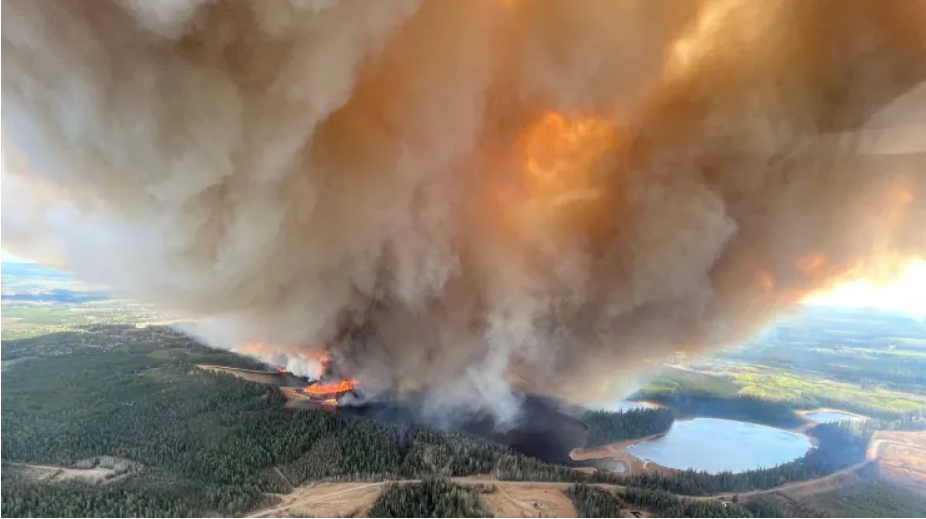

fetching latest news
News tagged in:

Wildfires burning across western Canada have forced thousands of people to evacuate their homes and have prompted some oil and gas companies to curb production as blazes approach pipelines.

Although Canada added one rig week on week, the U.S. dropped 17 rigs during the same timeframe, taking the total North America rig count down to 825, comprising 731 rigs in the U.S. and 94 rigs in Canada, Baker Hughes’ count outlined.

North America cut another seven rigs week on week, according to Baker Hughes’ latest rotary rig count, which was posted on May 5.
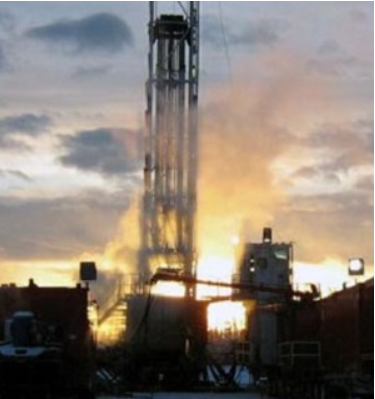
The Government of Newfoundland and Labrador released its budget and Energy NL welcomes a number of the initiatives, including reinstatement of the offshore seismic program, support for the renewable sector, continuation of the Offshore Exploration Initiative, and assessment of natural gas opportunities.

Canadians continue to experience significant financial strain as the cost-of-living soars. Seven in ten drivers say they are worried that they won't be able to afford the price of gas this summer. Families are living paycheck to paycheck and young Canadians are struggling because this federal government chose to leave people without the direct support they desperately need to get through the summer.
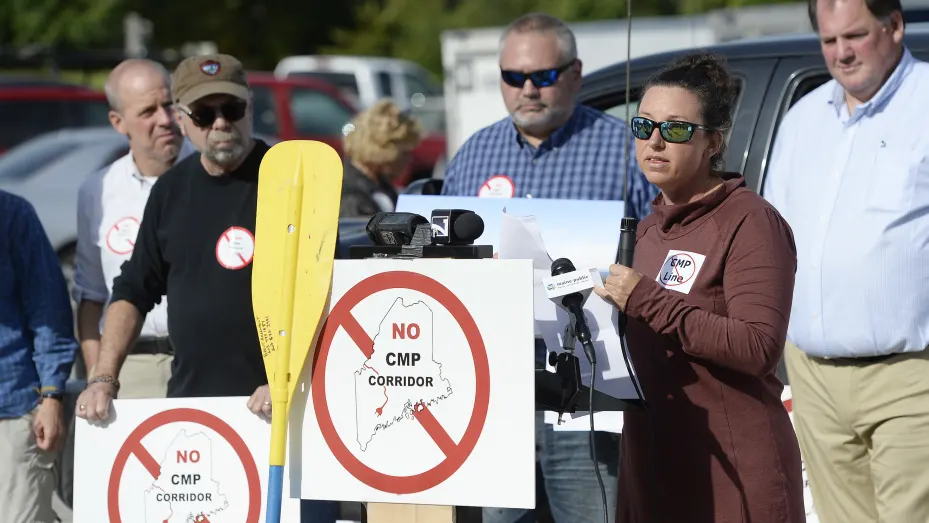
For the past six years, energy companies and Maine residents have been in a fierce stand-off over the construction of a 53-mile power line extension that would deliver 1,200 megawatts of renewable hydroelectric power from Canada to Massachusetts, which is enough to power approximately 1.2 million homes. For two-thirds of the distance, the electricity would follow a transmission line corridor which already exists. But without the 53-mile, 54-foot-wide extension, the $1 billion construction project is a at an impasse. The power line has already received all of its state and federal permits. But in a state-wide vote in November, Maine voters rejected the project. Now, the constitutionality of that referendum vote is being battled out in court and will be decided this summer, according to Anthony W. Buxton, the lawyer representing the power companies that want to complete the transmission line. If the Maine court system rules that the referendum vote was unconstitutional, then the energy companies involved can continue construction.
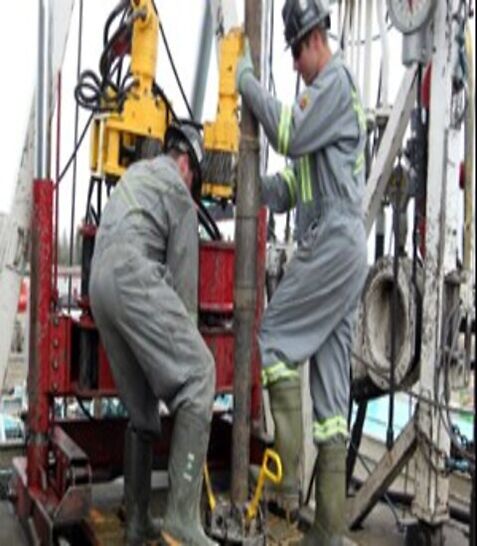
For years, the country’s drillers, like those in the shale fields of West Texas, have been under great pressure from their investors to avoid the kind of expansion plans that have backfired on them countless times before. So when oil blew past $70 a barrel last year, then $80 and $90 in rapid succession, executives in Calgary watched idly.
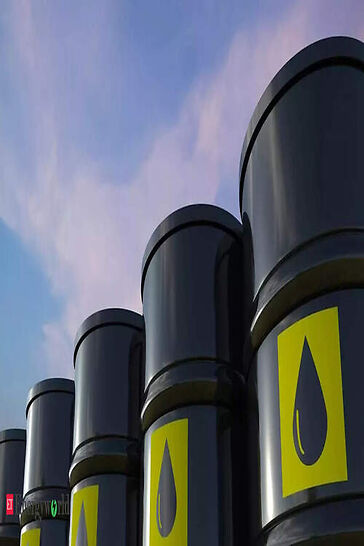
Canada will ban the import of Russian crude oil in response to the country's military operation in Ukraine, Prime Minister Justin Trudeau said.
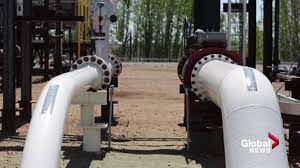
Canada’s largest oilsands companies have formed a new advocacy group they say will help to advance the sustainable development and operation of their industry. The Oil Sands Alliance was established Jan. 1, with membership consisting of oilsands producers Suncor Energy Inc., Cenovus Energy Inc., Imperial Energy Ltd., Canadian Natural Resources Ltd. and ConocoPhillips. It is not clear whether the new organization will be involved in political lobbying or how exactly it will be structured.
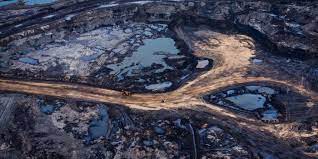
TORONTO—Major oil companies, under pressure from investors and environmentalists, are fleeing Canada’s oil sands, the fourth-largest oil reserve in the world and by some measures one of the most environmentally unfriendly. Investment in existing projects has stalled, and banks are refusing to fund new ones. Nevertheless, oil production there is expected to continue for at least two more decades. Local companies have stepped in to keep working the existing mines and wells. Last year, the oil sands were on track to deliver more oil than ever.
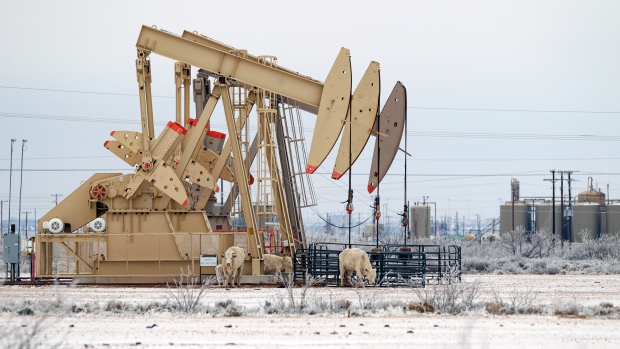
A deep-freeze in Canada and Northern U.S. is disrupting oil flows, causing a surge in crude prices just as American stockpiles are declining. With temperatures from North Dakota to Northern Alberta below zero Fahrenheit (-18 Celcius), TC Energy Corp.’s Keystone pipeline was shut late Tuesday, with the cold slowing oil flows and making it hard to restore service. In North Dakota’s Bakken shale, production has started to succumb to the freeze, sending local crude prices to their highest since November. Canadian oil has also jumped.

KUALA LUMPUR (Nov 27): Drilling activity in the US and international markets has continued to pick up, according to Baker Hughes Tool Company. Baker Hughes is an industrial service company and one of the world's largest oilfield service companies. Since 1944, it began weekly counts of US and Canadian drilling activity, and initiated its monthly international rig count in 1975. As of Wednesday (Nov 24), the US had added six rigs from the prior week to 569, up from 249 a year earlier. Canada added 69 rigs to 800 from a week before, up from 171 rigs from a year ago.
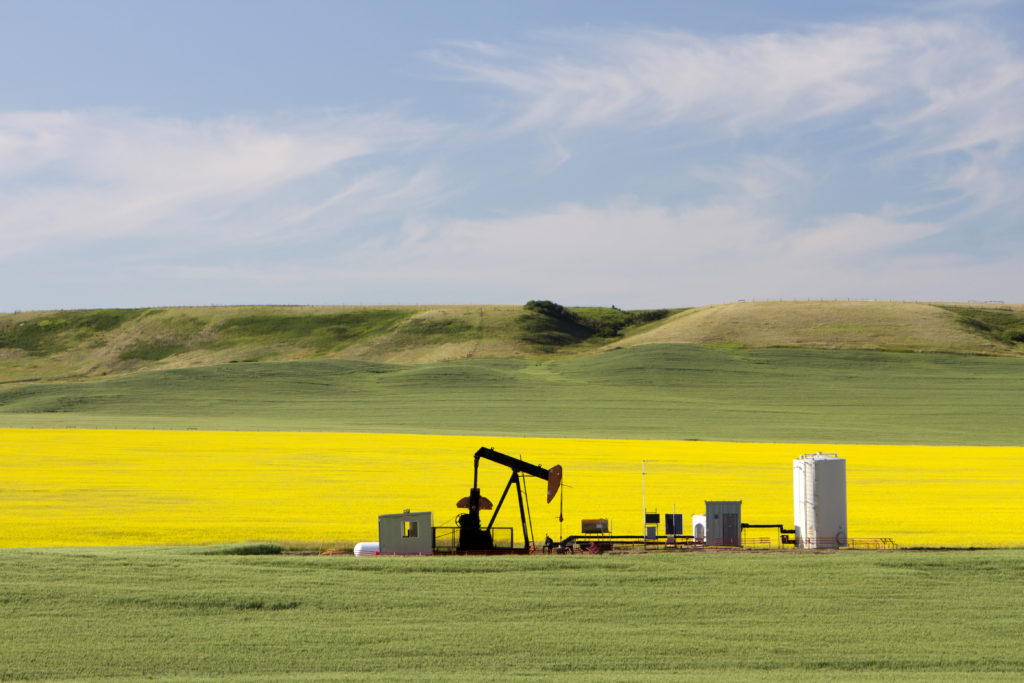
Oil prices may have recovered to pre-pandemic levels, but for Canada’s oil and gas industry, recovering from what was arguably the worst year in its history is going to take a couple of years, analysts say. The International Energy Agency (IEA) estimates the global demand for petroleum products won’t be back to pre-pandemic levels until 2023 and may never return to “normal. As of mid-week last week, Western Canadian Select (WCS) was trading at about C$52 per barrel, compared with C$66 per barrel for West Texas Intermediate (WTI), which are pre-pandemic prices. Natural gas prices were not nearly as affected by the pandemic.
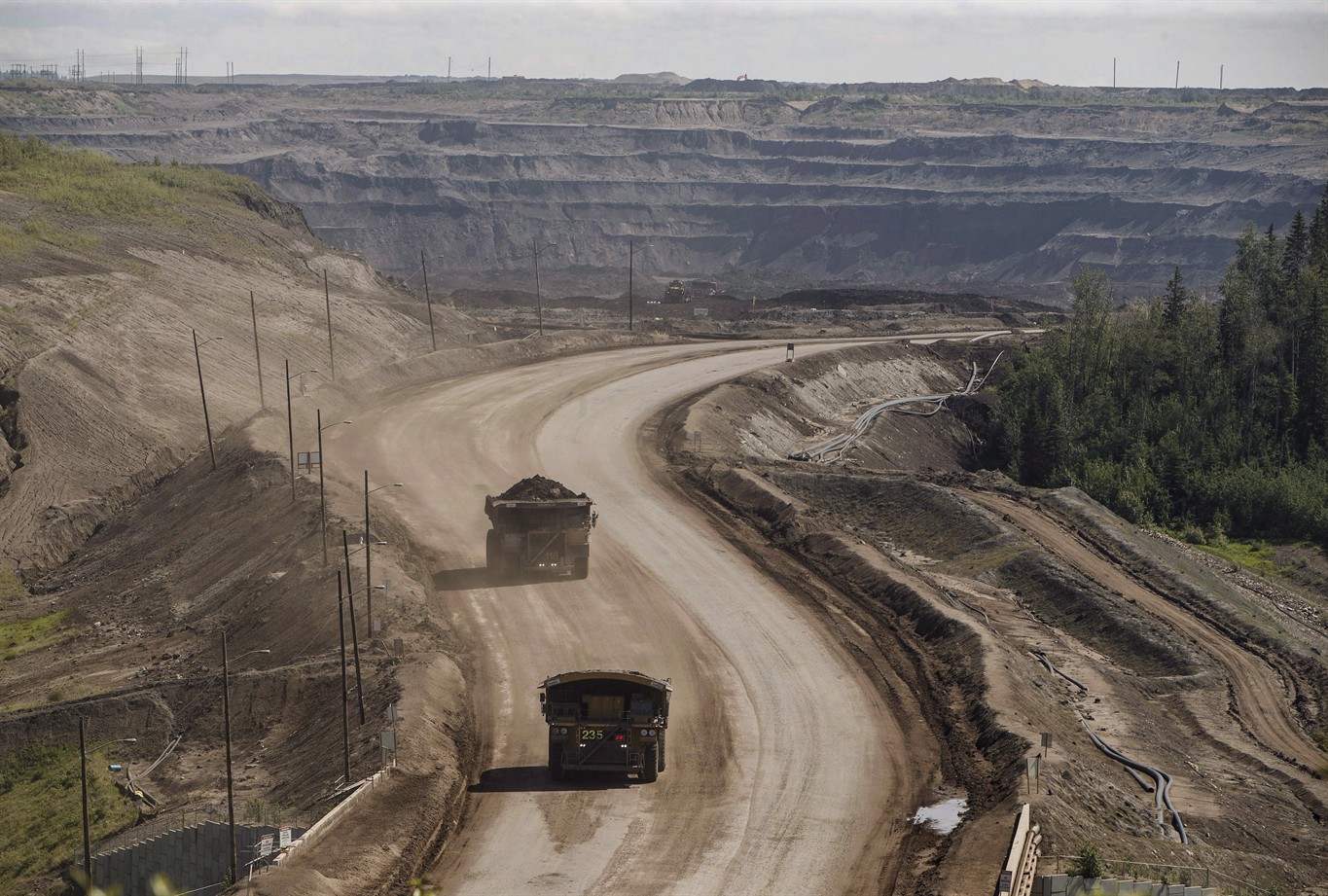
Exxon reserves of the dense, heavy crude extracted from Western Canada’s sandy bogs dropped by 98%. In practical terms, the revision clipped Exxon’s future growth prospects until oil prices rise, costs slide or technological advances make it profitable to drill those fields.The reserves accounting doesn’t mean Exxon is closing up shop or walking away from Canada because the company can bring them back onto its ledger as crude prices rise.

Canada’s Hydro Energy has signed a long-term contract with chemical company Chemtrade Logistics Income Fund (TSE:CHE.UN) to offer green hydrogen for its commercial truck fleets at a fixed price and 5% below the price the partner would typically pay for diesel.

Alberta, which spent C$1.5 billion ($1.2 billion) to help jump start construction of the project, may resort to a North American Free Trade Agreement provision allowing compensation claims for lost investments, Alberta Premier Jason Kenney said. While NAFTA was replaced by the United States-Mexico-Canada Agreement during the Trump administration, the rule remains in place during a phase-out period.
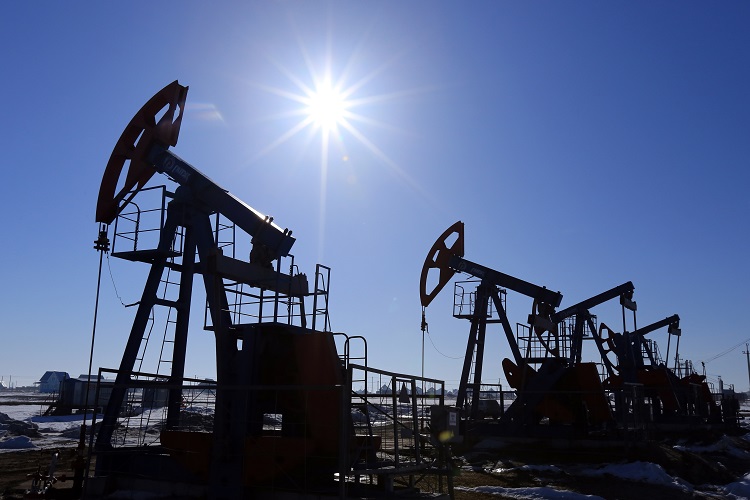
Suncor Energy Inc. has reported a second-quarter net loss of $614 million after it cut back on production to deal with sharply reduced crude prices amid lower global energy demand. Suncor's total production was 18.5% less than the 803,900 boe/d in the prior-year quarter, as it took measures including shutting down one of the two production trains at its Fort Hills oilsands mine in northern Alberta.

U.S. oil major ConocoPhillips said on Wednesday that it agreed to buy land from Kelt Exploration Ltd in Canada’s Montney shale oil play, in a $375 million deal. The deal allows ConocoPhillips to extend its existing position at an attractive cost. It comes three years after Houston-based ConocoPhillips sold much of its Canadian assets to Cenovus Energy, part of a multi-year withdrawal of foreign producers from Canada.